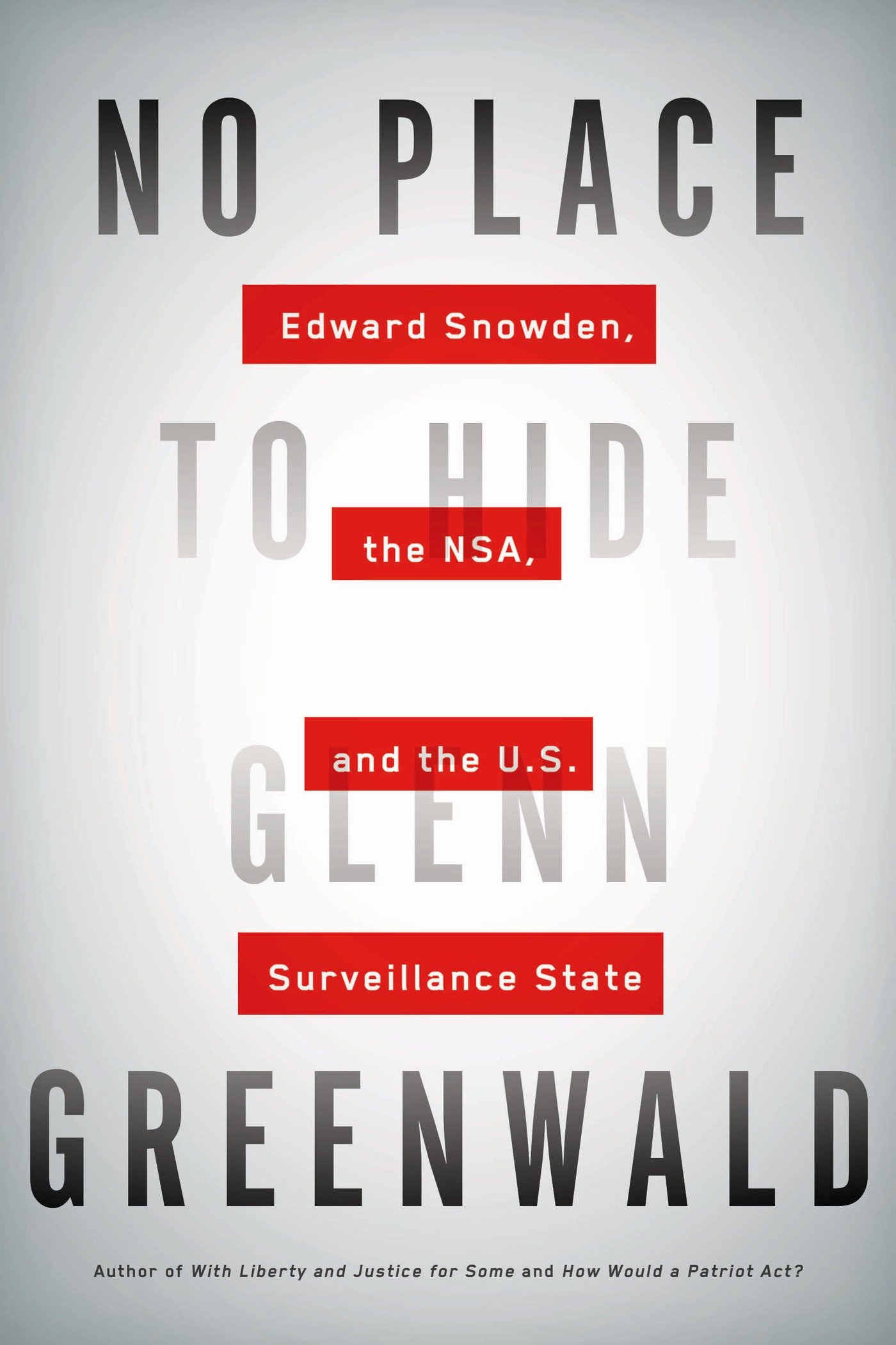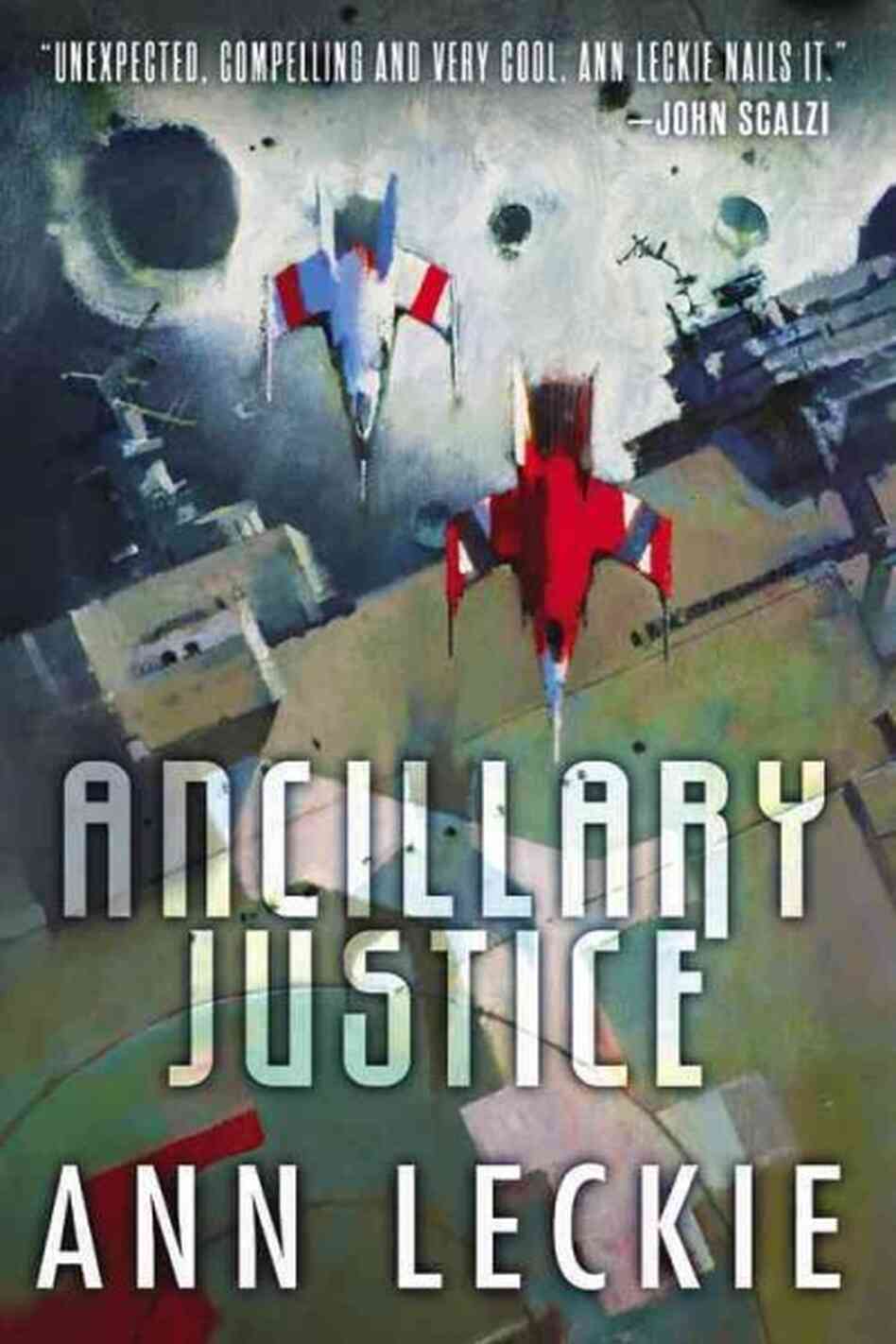Today, a friend told me that her 18-year-old daughter wanted my advice for job interviews. My knee-jerk response was “Why does anyone want my advice?” Then I remembered that I have interviewed a ridiculous amount of times in the last few years. Hence, I write this post.
This afternoon, I clicked one of LinkedIn’s many clickbait articles about job interviewing. I always want new advice about interviewing because it was difficult for me to learn how to interview well. It frustrates me that most interview tip articles read something like “Wear clothes! Know where things are! Don’t offend people at the office!” These tips are insulting. Of course you should know where you’re going before you go there. Yes, you should wear appropriate clothes. Do people not know this? There are literally thousands of articles about this. We can move past telling people to dress appropriately for job interviews.
Interviewing is a skill. It is a skill that you learn. Like most skills, you improve by practicing. The year I got my first teaching job, I went on approximately 15 interviews. It might have been as many as 20. I lost count. The next summer was more of the same: I went on a lot of teaching interviews and some State of California job interviews too. Now I interview for all kinds of jobs. I am definitely positioning myself in librarianship and writing, but you never know who might be interested in what you have to offer.
You can prepare for interviews. An interview is not a spontaneous presentation. It is not a test of quick thinking and wit. When I realized that I could prepare for interviews, my strategy changed completely. I used to show up for interviews hoping that it would not be horrible, thinking there was not really anything I could do to prevent it from being awful. Now, I show up for interviews ready for battle.
Before we continue, I have to admit something: interviewing is hard. It is hard emotionally. After an interview I am tired. I analyze the things I said and the things I did not say. I usually schedule interviews such that I don’t need to return to work after. I spend the time afterwards sleeping, playing video games, and eating baked goods.
The preamble is over. This is what I do when I have an interview.
Phase 1: Preparation
Analyze the Job Description
Knowing the job description is the most important factor for interview success. The most common opening question in an interview, in my experience, is “Describe your education and experience as it relates to this position.” If you know what is in the description, it is much easier to answer this question.
If your English teachers ever made you annotate a text, recall those skills now. Print out the job description. Yes, print it, like physically on paper. Get your hands on that job description! As a former English teacher myself, I go over mine in red pen, but you can use a rainbow marker or whatever makes you happy. Get ready to mark this business up.
Read the job description. I underline key things like what they want me to do in
the job. I circle skills they want. In the margins, I write a one- or two-word note about what I did or learned related to this. If the description mentions “presentations” I make a note like “teaching.” If it says “MySQL” I write “MLIS classes, Stanford MOOC” because I took a database management class and a MySQL/PHP class during my MLIS (masters in library and information science) and I did a MOOC (massive, open, online course) from Stanford University called Introduction to Databases. Sometimes I don’t have a good note, but I can mark something so I can think about it later. Go through the whole description making notes.
Start Your Notes
When I make notes for an interview, I usually write on paper because I remember what I write better than what I type. However, typed notes are neater and can be easier to read in an interview. If you have bad handwriting, try writing your notes first and then type them later. Then go learn how to write properly!
I start my notes by writing what kinds of tasks a person in the job has to do and what information a person in the job needs to know. For an example, I did a screening interview for a technical writing job today. According to the job description, the employee needs to:
- Learn the product.
- Write product descriptions.
- Define standards.
- Interview SMEs (subject matter experts).
And the employee needs to know or have:
-
Analytical skills.
-
Strong communication skills.
-
PHP, MySQL, C++, or Perl.
That is an abbreviated list, but hopefully you get the point.
Research the Company
This part can be the trickiest, depending on what the company is. I have interviewed at a lot of public agencies (schools, libraries), which have a lot of easy-to-locate information online. If you are searching for a privately-owned company, this is more difficult. Some things you want to know because they help you frame your responses (think mission or vision statements) and some things you want to know so you can understand what you might be getting yourself into. Here’s a non-comprehensive list of the types of things to look up:
-
Mission and vision statements: You want to know what the organization’s goal is. This seems like a straightforward concept, but there is a lot of variance. A school’s mission, for example, is generally to educate people, but the mission statement might include something about fostering diversity, creating life-long learners, or preparing students for college. Whatever the things are, you should talk about them. Work them into your responses when interviewers ask why you want to work there.
-
Strategic plan: Where is this organization heading? What are its specific goals? The strategic plan tells you this. Again, strategic plans are usually online for public agencies. They may not be online for private agencies. I have found strategic plans to be helpful when preparing for library interviews, in particular.
-
People: Who works here? This is where a LinkedIn account is handy. I look up people doing the job I want to do at the organization and look at their LinkedIn page. Try not to look at their LinkedIn page more than once or twice because LinkedIn tells people how often you look at them. You don’t want to look like a stalker (I worry about this. I’m not sure if others really care). If you can, look for blogs written by the employees. You might not find exactly the people who you end up facing in an interview. That’s okay. This research can give you an idea of the type of people who work at a place. It can help you decide if you think the organization is a good fit for you.
-
Blogs and social media: What does this company say about itself? They almost certainly have a blog. They probably have a Twitter account, a Facebook page, and maybe even a Pinterest or YouTube channel, depending on the field. Read the blog. How does this company portray itself? Reflect those values back to the people interviewing you. It will make you look like a good match for the company.
-
Glassdoor and related sites: I like to check Glassdoor when I prepare for an interview. Glassdoor does not have data on every organization, but it can help you figure out how much people get paid. There are sometimes reviews of the company by employees. Remember that people tend to review only when they are really impressed or really distressed. Consider the reviews, but do not take them too seriously. File them away in your brain. If you see any warning signs in your interview that the organization is as bad as people say, feel free to run in the opposite direction as quickly as possible.
Research the Job
You will not be the first person in the history of the internet to interview for your type of job. Use the internet. What is the job title? Google “Interview questions for [job title].” I searched for “interview questions for technical writers” and found a ton of pages full of questions. This can be overwhelming. My advice is to skim the questions and think about the kind of answer you would give. I don’t write answers to everything because I take writing too seriously and I overdo it if I write practice answers, but I do put a few sentences together in my head and then say them out-loud. This helps me remember what I want to say and it keeps me from stumbling over the words in an interview.
There are way more potential questions than there are questions employers actually ask. Think about your specific job and what they are likely to ask (note: guessing accurately takes practice and you will still be wrong most of the time). Also consider some common, general interview questions. One I like to be ready for is the “What are your greatest strengths/weaknesses?” It is difficult for me to answer this question spontaneously. My real greatest weaknesses are not something I want to tell an employer (reveal nothing to the enemy!). I like to be ready with things that are true but not crushingly accurate. It’s also a good idea to discuss how you overcome your weakness when you answer this question. I usually go with noisy environments and perfectionism as my problems. For noise, I say that it is hard to work in a noisy environment, but I get around this by wearing my headphones or sometimes even earplugs. For perfectionism, I say that it can be hard for me to get started writing or to finish something because I want to do so much research to be sure I have not missed anything. I solve this problem by setting a strict project schedule, moving on when I know approximately 80% of what I need to know. Your answer to this question should be personal, but know that it isn’t cheating to have something in mind in advance.
Finish Your Notes
Now that you are done with your research, you can finish your notes. I list the stuff I need to do and stuff I need to know for the job and next to those things I write something to remind me what to say. I also note the basics of the mission and vision statement, strategic plan, or any other relevant organization-related concepts. Don’t get too crazy with this. I keep my notes to one or two (hand-written) pages at most.
I sometimes write a list of “talking points” in my notes. This is a spot where I note anything that I think I should focus on or bring up in my interview that is not necessarily related to the job description. My talking points are usually based on what I find in the mission statement or strategic plan. For example, if a strategic plan mentions that the organization is updating its policy handbook, I would mention that I am studying technical writing and just finished a class on policy and procedure writing. This is something that might not come up in the course of, say, a librarian interview, but I would want to point out because it is a skill they probably want and can use.
Make sure your notes look decent. You will be sitting at a table with the interview panel. They can see your notes. If you have drawings of weird things or anything unprofessional, they will notice it. Type your notes if you need that to have things look tidy and don’t scribble on them!
Phase 2: Interview
Pre-Game
Try to take some time to relax before you head to the interview. Listen to some upbeat music, play a video game, go for a run. Do something that makes you calm. I don’t think I need to tell you what to wear or to show up on time. However, be aware of what you take into an interview. You don’t need a big purse or backpack. I take a folder or notebook (I have this folder from Staples) with my notes in it, three or more copies of my most recent resume, and a pen. Do not bring your phone. Leave your phone in your car. Personally, I do not want a potential employer to see my on my phone first thing when they walk into wherever it is I’m waiting for them. Spend the time in between when you arrive and when they summon you to review your notes and practice saying things in your head.
The Actual Interview
Interview! It is upon you! Shake hands with everyone and say things like “It’s nice to meet you.” I am not good at pleasantries, so I stick with the basics. After everyone sits down, hand the people interviewing you a copy of your resume. I say something like “Before we get started, here is an updated copy of my resume.” Just keep it simple.
They will ask you questions. In my opinion, the best interviews are when they provide a list of the questions. It is a lot easier for me understand questions that I read than questions that I hear. It is okay to ask the panel to repeat questions! You can ask for them to repeat it whether you really need it or if you just want some time to think.
One of the best realizations I made about interviewing is that you do not have to say everything perfectly if you know when to stop yourself. When I start answering questions I want to say a lot. If I feel like I am getting off track when answering a question, I stop myself and say, “I feel like I’ve gotten off track. Can you repeat the question?” It’s okay to do this. I think it looks good when you have the self-awareness to know when you’re not really addressing the issue anymore. I have not received any negative responses when doing this. I do not recommend using this strategy for every question, but if you do it two or three times, that is okay.
Your Questions
After the panel is finished with their questions, they ask if you have any questions for them. You should always have questions ready. This is something you can research in advance. I have some questions that I use in most interviews because there are certain things I want to know about. My questions usually include:
-
How do you train new employees?
-
Tell me about the organizational culture here.
-
What is your management style (especially good if they asked you about what type of manager you work well with)?
-
How do you see this position developing over the next few years?
-
What do you do to support professional development?
- What does success look like in this position?
- What is your first priority or the first project you want done by a new employee in this position?
Asking questions is important not because you care about the answers (you probably do though), but because it gives you more chances to respond. Take the management style question. If the manager’s style is different than what you said you like, you can take some time to clarify. You can explain how you would work with this manager. Interviews are a process. Both parties want to know more about each other. You have to look for places where you fit in. You cannot passively let others decide you are a good choice.
After you finish your questions, you need to ask one more to close the interview. There are several ways to phrase this, but you want to ask something resembling, “Based on what we discussed, do you have any concerns about my ability to do this job?” This gives you one last chance to make an impression. Going into an interview, you probably know what your weak points are. For me, I know that a lack of experience in the field is my worst thing, so I expect an interview panel to say they are worried about my lack of experience. They could say anything though, so be ready. If they have a concern, explain why it is not a problem and why you are great anyway. Tell them how you will overcome it and why you are worth hiring.
Finally, say thank you to everyone one more time. Tell them that you are really interested in the job and you hope they will choose you. If you didn’t already, ask when they expect to contact you with their decision. Try to get at least one person’s name or business card on the way out so you have someone to contact with questions later.
Phase 3: Decompression
Relax
After the interview, get some lunch (or whatever meal you’re on), go home, and relax in whatever way suits you. Interviews are draining as hell, so you should take the rest of the day off and not feel bad for doing it.
Follow Up
The next morning, send an email to the manager or contact person. Remember that business card you maybe grabbed on the way out? Use that to get in touch with someone. In your email:
-
Say that you appreciate that everyone took the time to talk with you.
-
Reiterate your interest in the position.
-
Ask if there is anything else they need from you. I typically offer more writing samples. What you suggest varies based on your field.
Forget Everything
I say this because I do not want you to go crazy. I go over everything in my brain after an interview, but after a day or so of that, I try not to think about it. There is no guarantee that anyone will call you or even send you a rejection letter (I know, it’s incredibly gauche). I assume that if I have not heard anything in a week, I will probably not hear anything ever. Do not maintain high hopes for long periods of time. This results in sadness.
The End
There you have it. My comprehensive guide to interviewing. I am sure there are other strategies, but I find this to be effective. I welcome questions and constructive criticism.



















